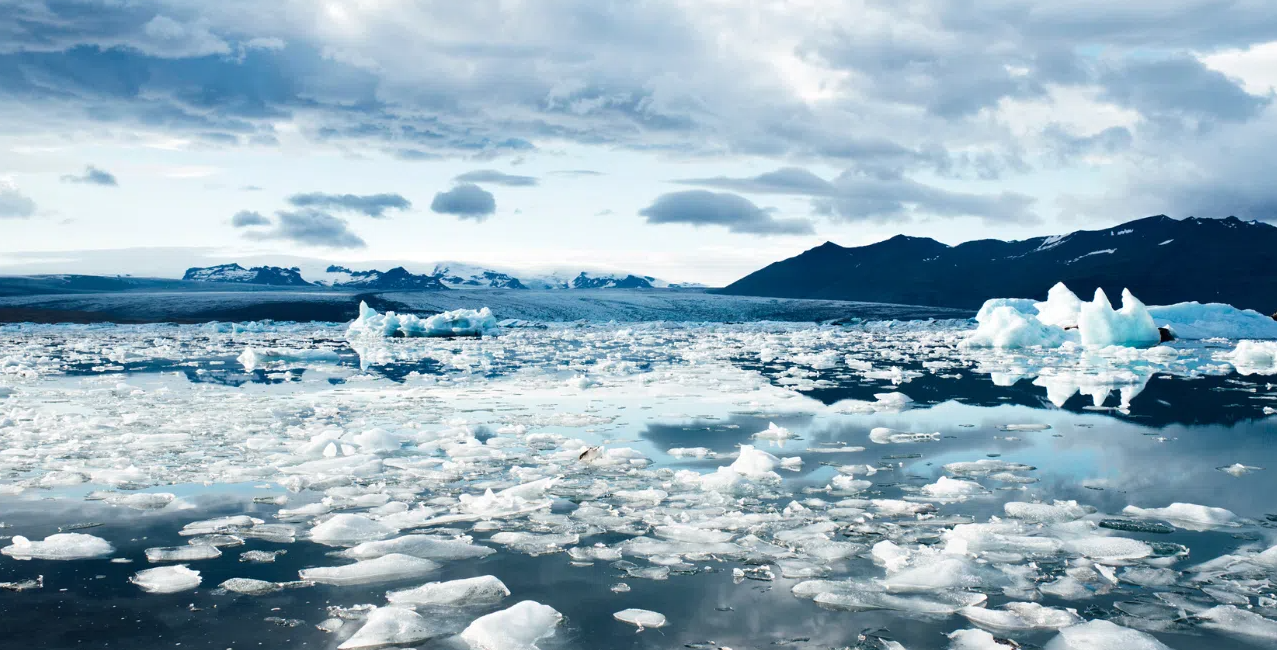
Glaciers worldwide are disappearing faster than ever recorded, losing more water annually than humanity will consume in three decades, a new scientific study warns. The research, published in Nature, provides the most comprehensive analysis yet of glacier ice loss and its devastating consequences. Since 2000, glaciers have shed nearly 7 trillion tonnes of ice, raising global sea levels by almost 2 centimeters.
Scientists have long known that glaciers—key indicators of human-driven climate change—are melting at an alarming pace. However, this latest study, conducted by the Glacier Mass Balance Intercomparison Exercise (GlaMBIE), offers unprecedented insight into the rate and scale of this crisis. Lead author Michael Zemp explains that the 270 billion tonnes of ice lost annually is equivalent to the total global water consumption over 30 years, assuming each person uses three liters per day.
The study reveals that the rate of glacier melt has accelerated dramatically. Between 2000 and 2011, glaciers lost an average of 231 billion tonnes of ice per year. However, between 2012 and 2023, that number rose to 314 billion tonnes per year—an increase of more than a third. In 2023 alone, glaciers lost a record 548 billion tonnes of ice, setting a new high for mass loss.
Certain regions are suffering disproportionately. The Alps have seen the most extreme ice loss, with nearly 40% of their glaciers vanishing since 2000. Other heavily affected areas include the Middle East, New Zealand, and western North America, which have experienced ice reductions exceeding 20%. Researchers note that glacier mass loss is now about 18% greater than that of the Greenland Ice Sheet and more than double that of Antarctica.
The consequences of this rapid melting are severe. Glaciers are now the second-largest contributor to global sea level rise, after the thermal expansion of ocean water. Professor Andy Shepherd of Northumbria University warns that "every centimeter of sea level rise exposes another 2 million people to annual flooding somewhere on our planet." Since 1992, global sea levels have already risen by over 10 cm, according to NASA, with scientists expecting even faster increases in the coming decades.
Despite efforts to combat climate change, researchers warn that glaciers will continue to melt for years due to the delayed response of ice to atmospheric warming. However, the future is not yet sealed. The study emphasizes that human action can still make a significant difference—determining whether the world loses a quarter of its glacier ice or nearly half. As Zemp notes, "Every tenth of a degree of warming that we can avoid will save some glaciers and prevent extensive damage to our planet."